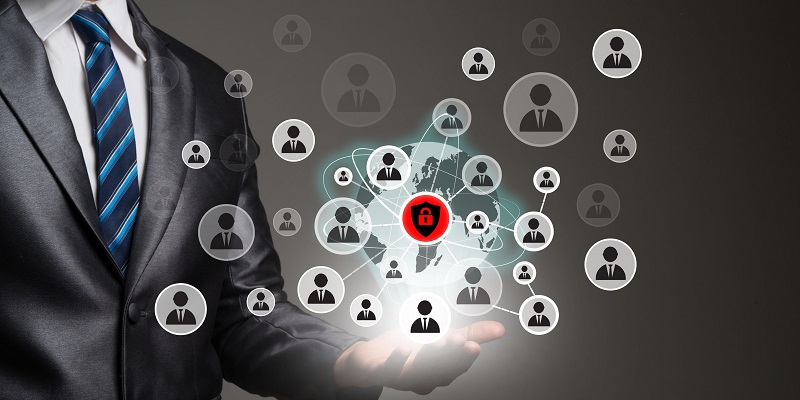In today’s digital age, advancements in HR software development have revolutionized work processes that were once done manually. Automation has become a vital tool in streamlining HR operations and improving efficiency. However, with this progress comes a pressing need for robust data security and privacy measures. In this article, we will explore the key considerations businesses must take into account to ensure data security in HR software development.
Advancements in HR software development
Automation plays a crucial role in replacing manual HR processes, enabling organizations to streamline their operations. HR software offers a range of features, including employee management, benefits administration, payroll processing, and performance evaluation. By automating these tasks, HR professionals can focus on strategic initiatives that drive business growth. Additionally, HR software provides a centralized hub for employee data, improving data accuracy and accessibility.
Data security and privacy concerns
In recent years, data security and privacy have become hot topics as organizations face increasingly sophisticated cyber threats. Data breaches can result in significant financial loss, damage to brand reputation, and legal liabilities. It is imperative for businesses to prioritize the protection of sensitive employee and company information. Compliance with privacy regulations such as the General Data Protection Regulation (GDPR) and the California Consumer Privacy Act (CCPA) is essential to avoid legal ramifications.
Targeting small businesses
Cybercrime gangs are increasingly targeting small businesses due to their limited resources and lack of robust security measures. Small businesses often possess valuable employee and financial data, making them desirable targets for cybercriminals. To mitigate the risk, small businesses must invest in comprehensive security solutions, educate employees on cybersecurity best practices, and conduct regular security audits.
Ensuring a secure connection for remote employees
With the rise of remote work, employees need to ensure they do not connect to unsecured internet networks while accessing HR software and other business applications. Connecting to public Wi-Fi networks or unsecured personal devices exposes sensitive data to potential hackers. Remote employees should use virtual private networks (VPNs), utilize strong passwords, and regularly update their software to protect against security breaches.
Integration of HR software with other systems
Many businesses integrate HR software with other systems to meet their diverse requirements. However, this integration can create security challenges. Integrations should be carefully evaluated and monitored to prevent unauthorized access to sensitive data. Strong encryption methods and secure application programming interfaces (APIs) should be employed to maintain data integrity and confidentiality.
The risk of Bring Your Own Device (BYOD) solutions
“Bring Your Own Device” (BYOD) policies, allowing employees to use personal devices for work-related tasks, have gained popularity. While this offers flexibility and convenience, it also poses security risks. Personal devices may lack adequate security measures, making them vulnerable to malware and unauthorized access. Companies implementing BYOD solutions must establish strict security protocols, such as mobile device management (MDM) systems and regular security updates.
Real-time access through the Internet of Things (IoT)
As the Internet of Things (IoT) expands, attackers can exploit connected devices to gain real-time access to sensitive information. Even if a company’s system is secure, vulnerabilities in IoT devices can provide an entry point for cybercriminals. Organizations should implement rigorous security measures and conduct regular vulnerability assessments to safeguard against IoT-related threats.
Rebuilding trust after a security incident
When a security breach occurs, the first thing that comes to mind is the loss of trust. Customers, employees, and stakeholders may lose confidence in a business’s ability to protect their data. To rebuild trust, companies must respond quickly, transparently, and responsibly to security incidents. This includes notifying affected parties, providing support, and implementing stronger security measures to prevent future breaches.
Employee awareness programs
Human resources (HR) departments play a vital role in educating employees about various security risks. HR should conduct regular awareness programs to inform employees about cybersecurity best practices, such as recognizing phishing emails, creating strong passwords, and reporting suspicious activities. Ongoing training and communication can empower employees to be proactive in safeguarding sensitive data.
In the era of HR software development, data security and privacy should be top priorities for businesses. By considering the ten key considerations outlined in this article, organizations can protect sensitive employee and company data from cyber threats. Ensuring data security requires a proactive and holistic approach, involving robust infrastructure, regular audits, employee awareness programs, and swift responses to security incidents. Constant adaptation and vigilance are necessary to stay ahead of evolving security challenges in the constantly evolving digital landscape.

